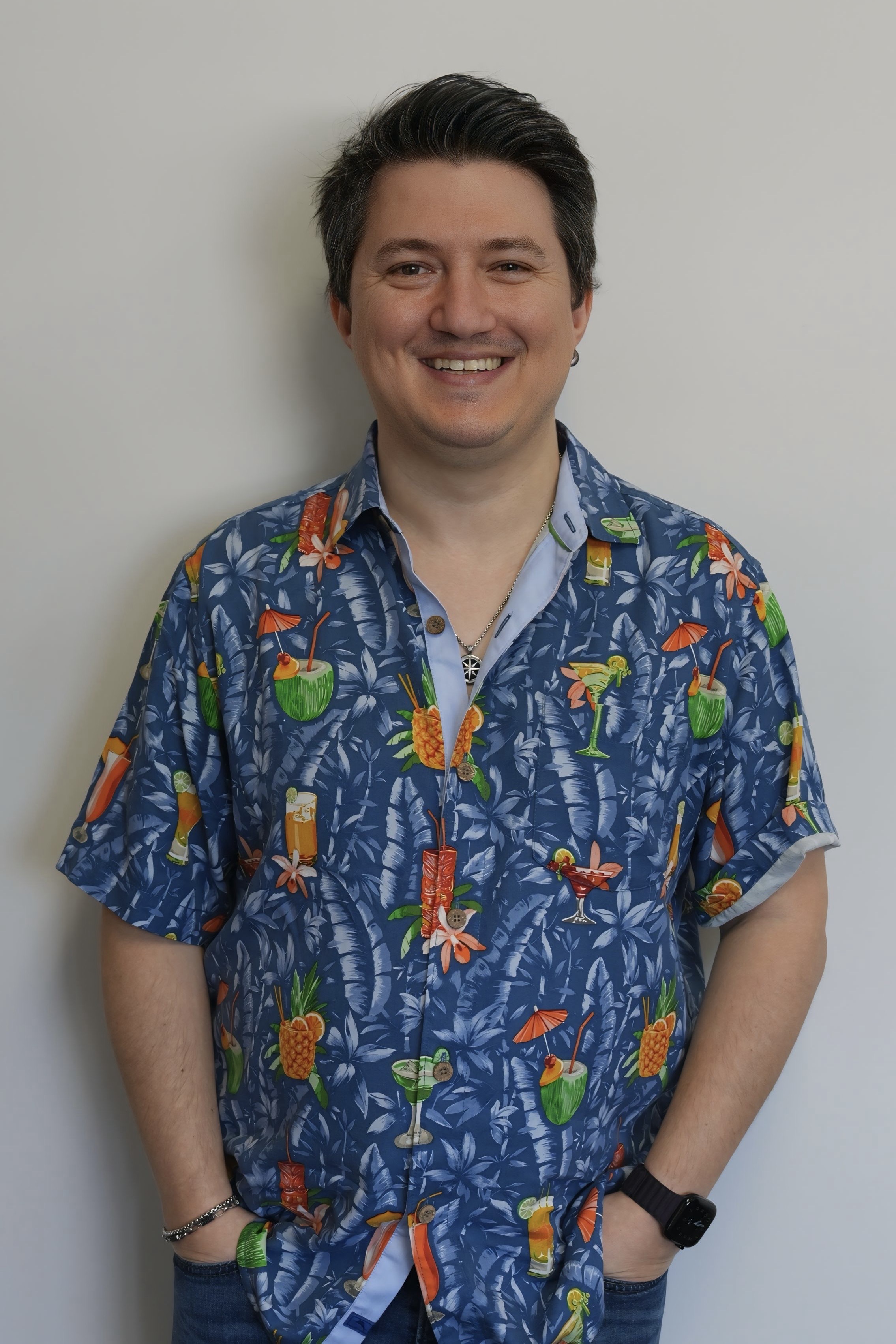Alumni Spotlight: Erdinç Soğut, PhD '21
Meet Erdinç Soğut, a 2021 PhD graduate from SBU's Civil Engineering (CIV) Department, who is now applying advanced modeling to protect coastal communities and infrastructure across the US.
The Path to Coastal Protection
Since graduating, Erdinç Soğut has rapidly become a key figure in coastal resilience research. After completing a postdoctoral position at the renowned Woods Hole Oceanographic Institution--where he studied the critical interactions between shorelines, ice, and climate-driven change--he transitioned into a significant role as a Researcher VI with the U.S. Geological Survey (USGS).
In his current role, Soğut develops and implements sophisticated numerical models to address two of the most pressing coastal concerns:
- Quantifying non-tidal flooding.
- Predicting shoreline evolution under various climate scenarios.
His work directly informs resilient coastal management strategies, translating complex science into practical action.
The Foundational SBU Edge
Erdinç Soğut credits his time in the SBU CIV Department for providing the essential tools he uses daily.
My time at SBU's Civil Engineering Department was foundational to my career in coastal resilience research. The strong emphasis on combining physical experiments with numerical modeling equipped me with the technical and analytical skills I use daily.
He specifically highlights the impact of working with Ali Farhadzadeh, PhD, on wave-current-structure interactions. This experience taught him how to approach complex problems with both scientific rigor and creativity, a lesson he says continues to guide his research today.
A Proud Professional Achievement
Soğut is most proud of an innovative tool he developed that is now actively supporting US coastal resilience efforts: the Shoreline Evolution Prediction Model (ShEPreMo).
ShEPreMo integrates climate, wave, and water-level influences to accurately forecast long-term shoreline change. "It's rewarding to see research translate into practical tools that help protect coastal communities," he states. This achievement perfectly exemplifies how vital collaboration and curiosity are in driving meaningful scientific progress.
Advice for the Next Generation
For current SBU students interested in a career path focusing on environmental or coastal engineering, Soğut offers clear guidance:
- Stay curious and build a strong foundation in both theory and computational modeling. He emphasizes that the field increasingly depends on integrating physical understanding with data-driven tools.
- Seek interdisciplinary collaboration early, as real-world coastal challenges span science, engineering, and policy.
- The most valuable lesson he's learned since graduating is that impactful research comes from persistence and teamwork--progress often happens through steady, collaborative effort rather than quick results.
